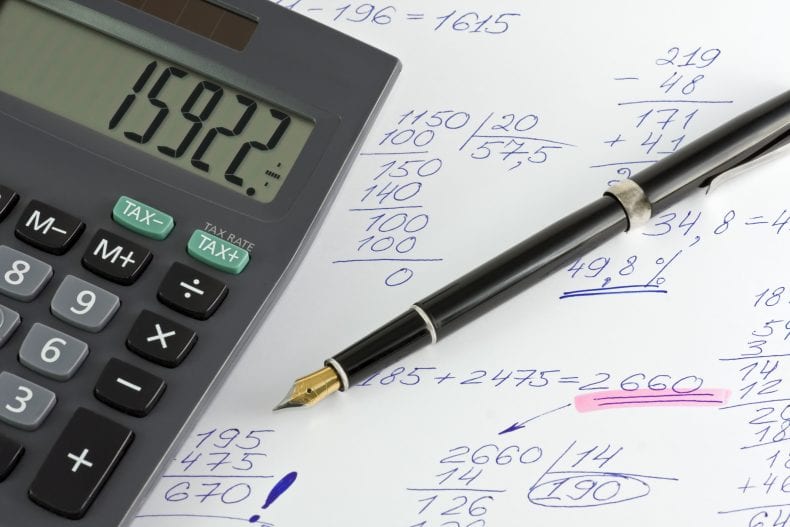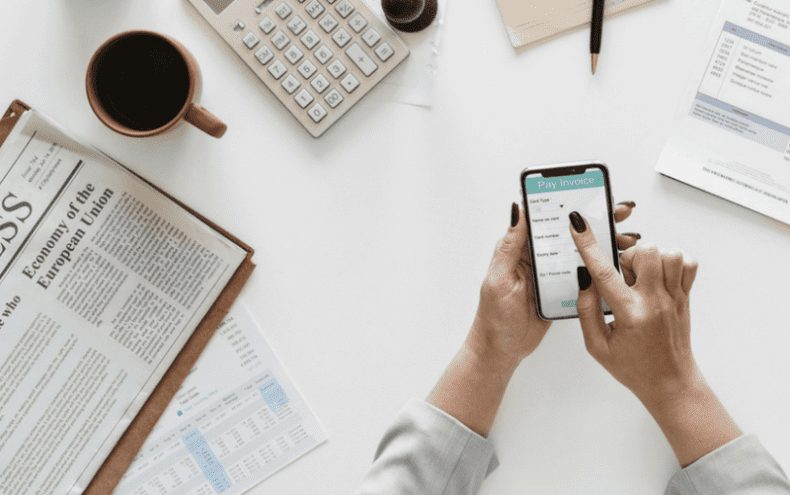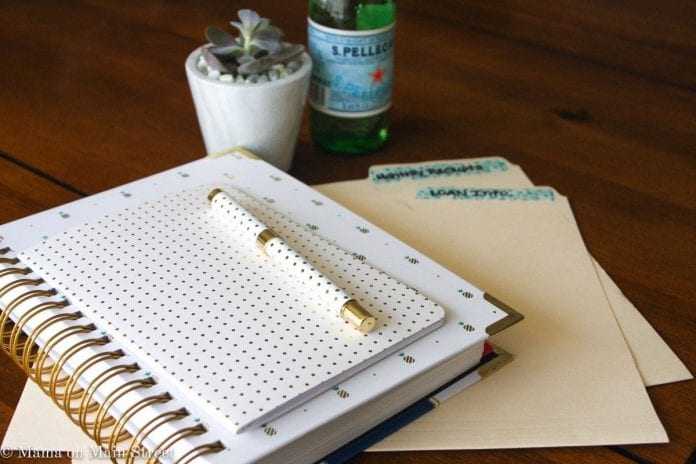It isn’t easy to make ends meet these days. Americans aren’t always the best with money, and being disorganized can make financial stresses even more confusing and upsetting. Relax — we’re here to help. Here are some basic keys to personal finance.
Keep track of your money
It sounds silly, but one of the most basic things that people mess up about personal finance is keeping track of how much money they have and where it is.
You should know how much is in the bank, and you should know how much your electric bill usually is and how much a gallon of milk costs at the store. You need to know your expenses and your income, your allocation of assets, and everything else that you can about your finances. Don’t forget about old accounts, and use online tools to look for missing money that you should have claimed. Then use all of this information to set up a budget.
Set a budget

It’s no fun, but setting a budget is perhaps the single most important thing that you can do to keep yourself in good financial shape. You need to know how much money is coming in and how much is going out, and you need to track where all of it is going. You need to determine how much you can actually afford to spend on things like going out to dinner or getting drinks with friends — and the amount that you can spend will depend on how much you have to spend on essentials like rent (or mortgage payments), groceries, and utility bills.
Lay it all out, and set up a budget that ensures that you’ll spend less than you earn. With the excess cash, you can pay down loans and start investing your savings so that you can build a great retirement fund.
Pay off high-interest loans
Once you’ve set a budget, you should be able to spend less than you earn. What should you do with the leftovers? First and foremost, you should use the extra cash to pay down the loans that are costing you the most money.
Loans with high-interest rates can really mess up your finances. That’s why you should pay more than the minimum amount toward your credit card every month — ideally, you should pay off the entire thing. Pay off any short-term loans, such as payday loans, as soon as you can. Avoid taking out this kind of debt in the future if you can — the high-interest rates on these sorts of short-term debts are really, really bad for your finances.

Save and invest (safely)
Assuming you don’t have any pressing debts to pay down, what should you do with the cash that you have saved in your budget? You need to keep it safe, but you don’t want to let inflation rob your hard-earned dollars and cents of their spending power. You need to make your money work for you. Use your money to make more money, so that you can stay one step ahead of inflation.
Before we do that, though, we should set aside some cash as an emergency fund. Try to come up with an emergency fund that will cover a few months’ worths of your expenses. That way, if something unexpected comes up, you won’t need to raid your retirement fund or take out a loan to make ends meet.
Beyond your emergency fund, though, you should be focusing on saving for long-term expenses and retirement. Invest in the stock market with a safe and diverse slow-growth portfolio, and make use of tax-advantaged retirement investment accounts such as 401(k)s and IRAs. Over time, your savings will grow and help establish a robust retirement fund for you.









